Ramadan Ka Chand Mubarak: Celebrating the Arrival of Ramadan
As the new moon graces the sky, Muslims worldwide rejoice with the traditional greeting, “Ramadan Ka Chand Mubarak,” marking the onset of the holy month of Ramadan. This auspicious occasion holds immense significance in the Islamic calendar, signifying a time of spiritual reflection, self-discipline, and devotion to Allah.
The Significance of Ramadan
Muslims around the world mark Ramadan, the ninth month of the Islamic lunar calendar, as a time for fasting, prayer, and almsgiving. One of the Five Pillars of Islam honors the Prophet Muhammad’s (peace be upon him) revelation of the Quran.
During this sacred month, Muslims abstain from food, drink, smoking, and marital relations from dawn until sunset. Fasting is not only a physical act of self-discipline but also a means of purifying the soul, enhancing empathy towards the less fortunate, and strengthening one’s relationship with Allah.
The Sighting of the New Moon
The beginning of Ramadan is determined by the sighting of the new moon, which marks the start of the lunar month. Muslims eagerly anticipate the sighting of the crescent moon, as its appearance heralds the commencement of a month filled with spiritual blessings and opportunities for redemption.
The sighting of the moon is a communal event, with individuals and religious authorities scanning the skies to catch a glimpse of the slender crescent. Once confirmed, mosques announce the beginning of Ramadan, and communities come together to offer prayers of gratitude and supplication.
Celebrating Ramadan
Ramadan is a time of heightened spiritual devotion and community engagement. Muslims gather for nightly prayers called Taraweeh, reciting portions of the Quran and seeking forgiveness for past transgressions. The atmosphere in mosques is imbued with a sense of tranquility and reverence as worshippers immerse themselves in prayer and reflection.
Charitable giving, known as Zakat, holds particular significance during Ramadan. Muslims are encouraged to contribute a portion of their wealth to support those in need, fostering a sense of compassion and solidarity within the community. Additionally, acts of kindness and generosity are emphasized, reinforcing the spirit of benevolence and empathy.
Fasting: A Spiritual Journey
Fasting during Ramadan is not merely an exercise in abstaining from worldly desires but a profound spiritual journey. It fosters self-discipline, mindfulness, and gratitude for the blessings bestowed by Allah. Through the physical act of fasting, Muslims strive to attain spiritual purification and draw closer to their Creator.
Moreover, fasting serves as a reminder of the plight of the less fortunate, instilling a sense of empathy and compassion for those who endure hunger daily. It encourages individuals to reflect on their privileges and actively seek ways to alleviate the suffering of others, embodying the principles of social justice and solidarity.
Ramadan Ka Chand Mubarak

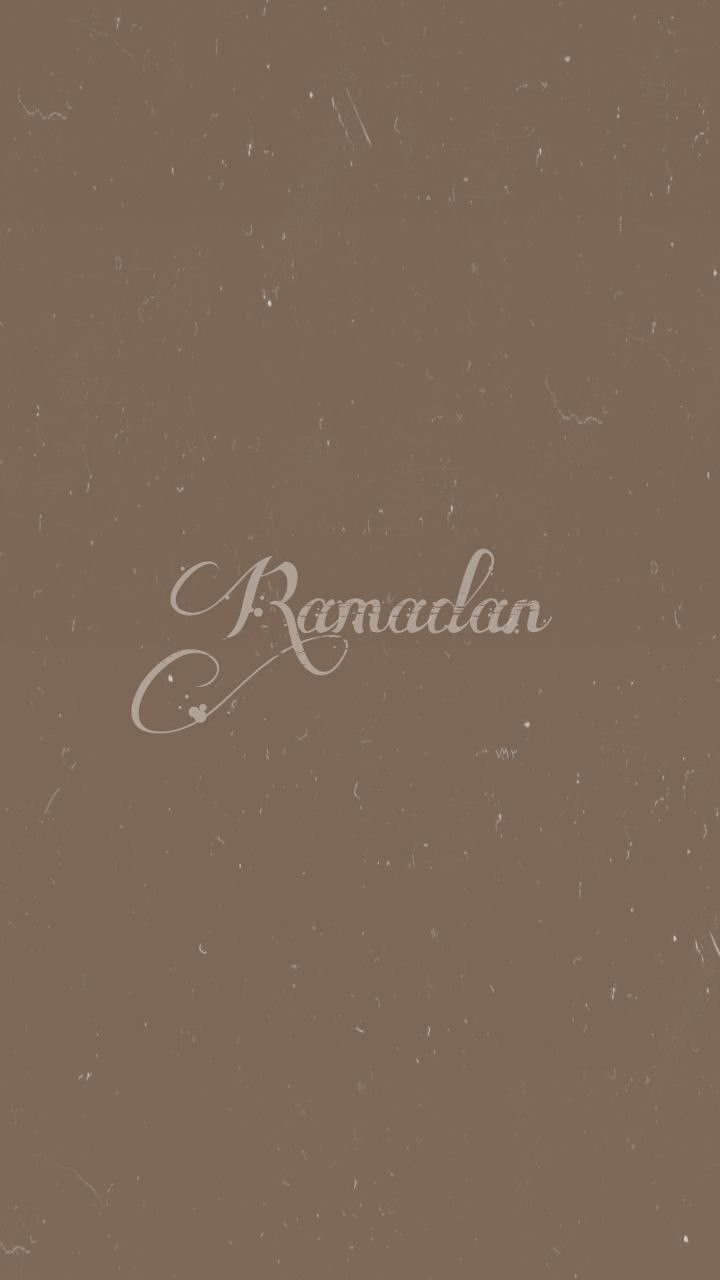
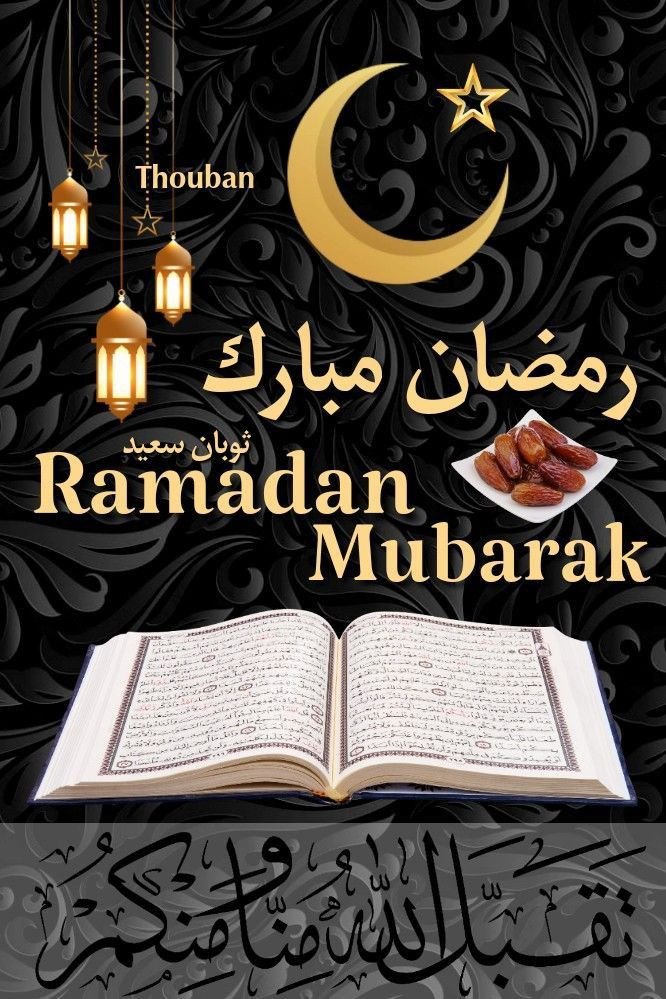



Ramadan Ka Chand Mubarak Ho
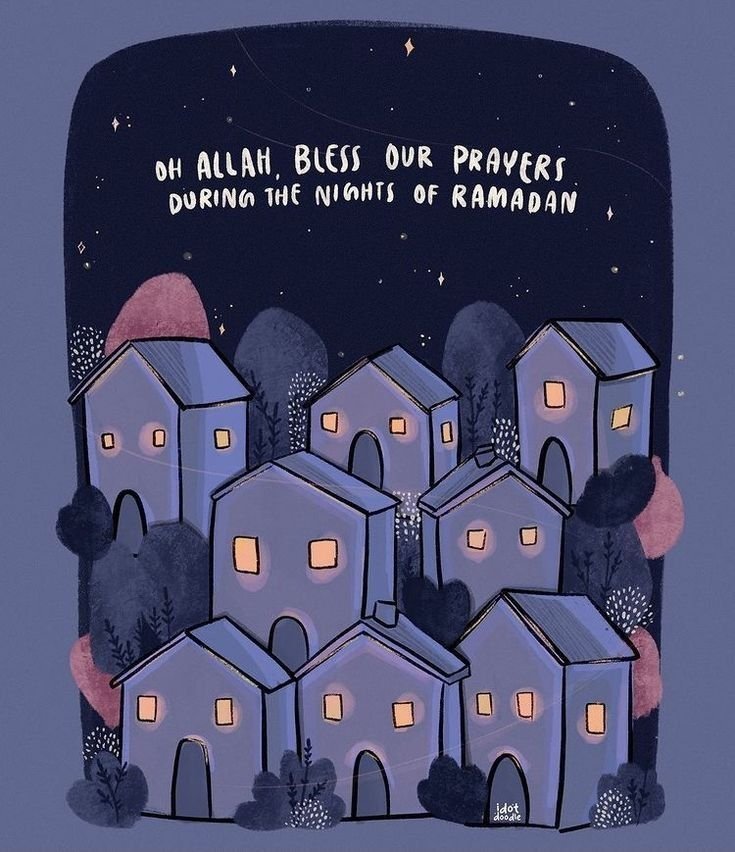

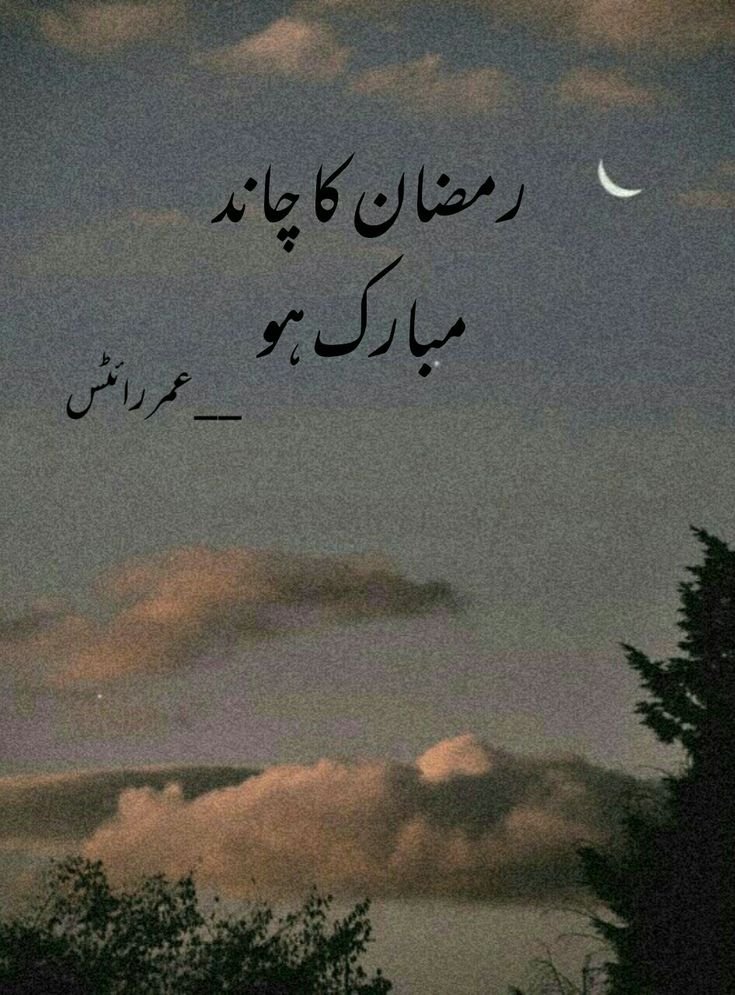
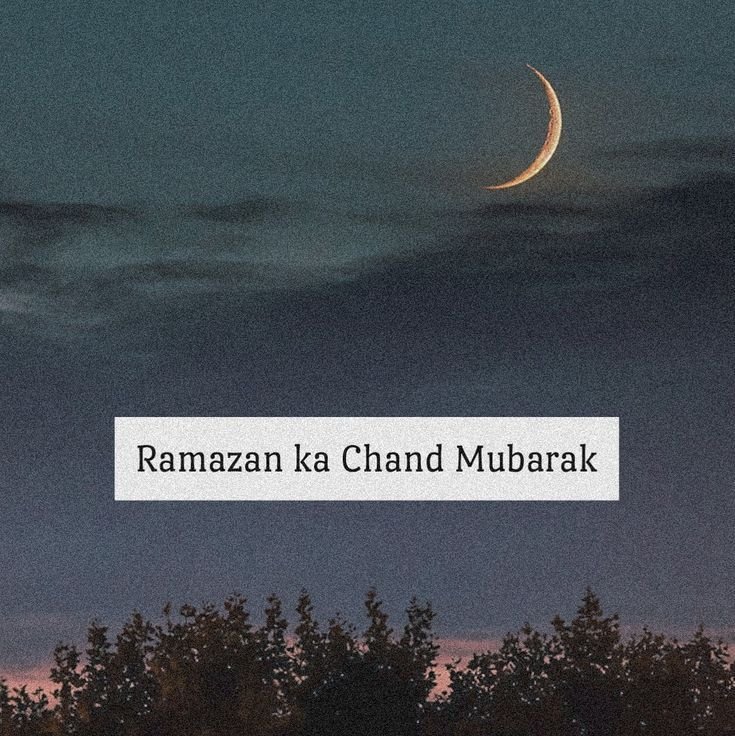
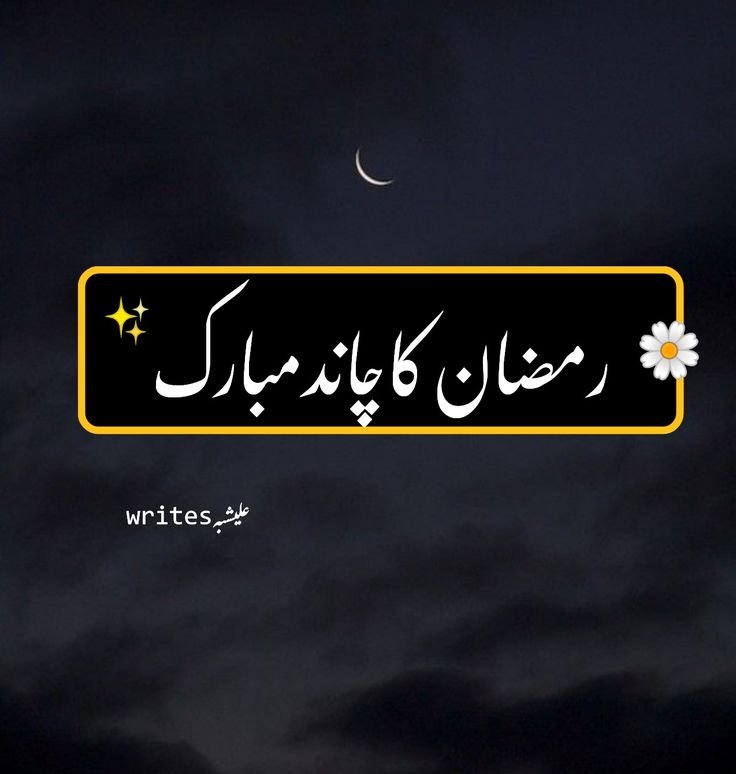
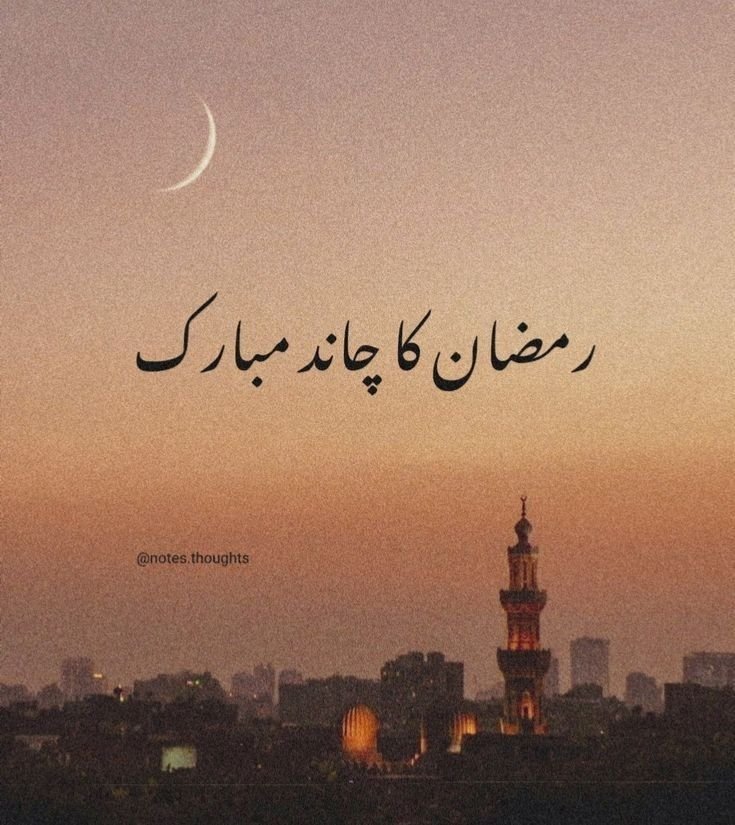

Conclusion
As the crescent moon graces the night sky and the familiar greeting of “Ramadan Ka Chand Mubarak” resonates through communities, Muslims worldwide embark on spiritual renewal and self-discovery. Ramadan is a time of reflection, prayer, and acts of kindness, where individuals strive to deepen their connection with Allah and fulfill their religious obligations with sincerity and devotion.
May this blessed month be a source of spiritual enlightenment, inner peace, and abundant blessings for all who observe it. Ramadan Ka Chand Mubarak!